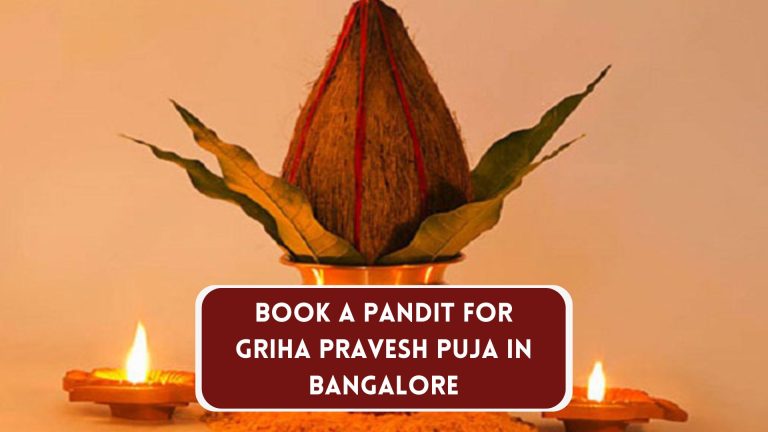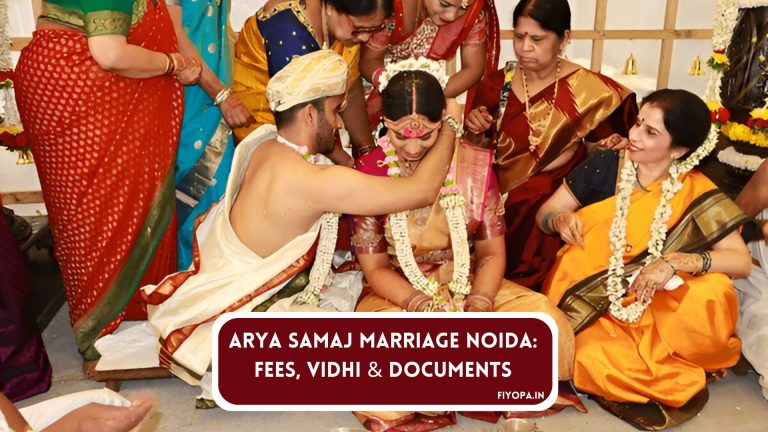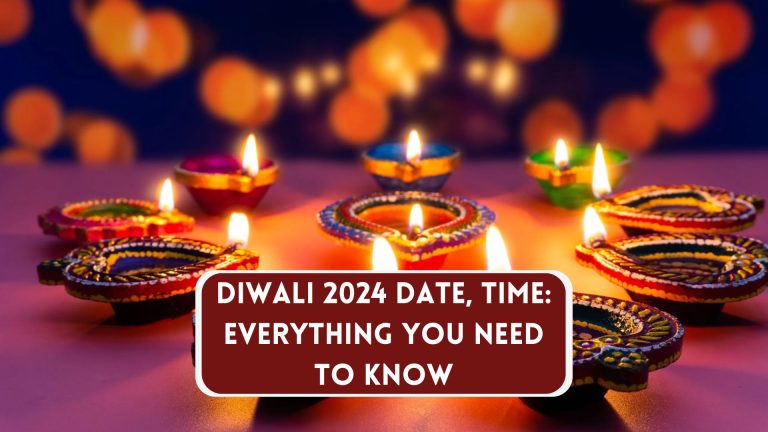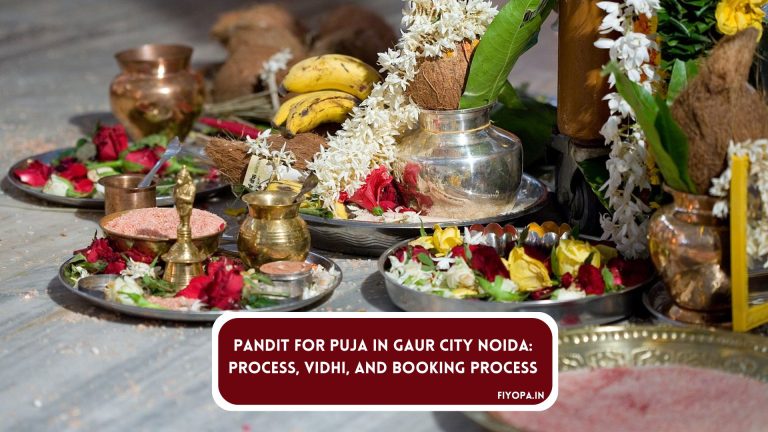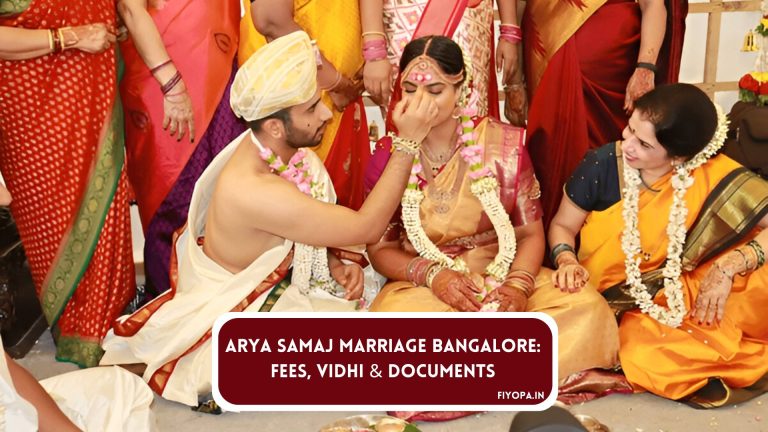Pandit for Pitru Paksha Puja in Mumbai: Cost, Vidhi, Benefits & More
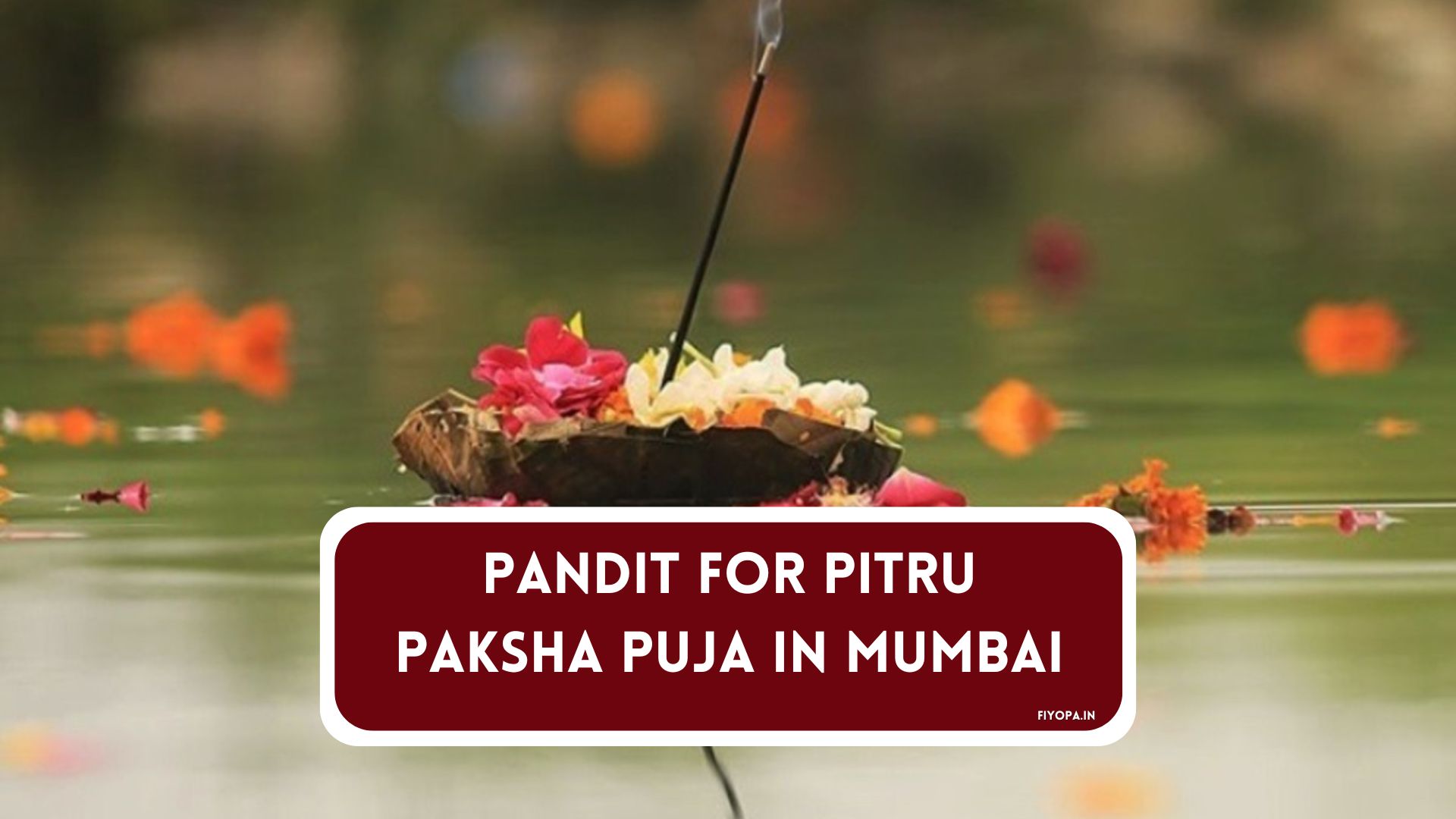
Pandit for Pitru Paksha Puja in Mumbai: Pitra Paksha is an important time in Hindu rituals when people honor their ancestors (ancestors). This article will help you find a Pandit for Pitri Paksha Puja in Mumbai. In Hinduism, the month of Bhadrapada is known as the fifteenth to sixteenth day from the day after the full moon (full moon) to the new moon (new moon). Thus, the father’s side indicates the father’s side.
Pitra Paksha takes place right after the Ganesh Chaturthi festival. Hindus celebrate it in the month of Ashwin to honor their ancestors. According to Hindu belief, we owe a karmic debt to our ancestors. Devotees can reduce this cost by donating their bodies, offering shraddha, and performing shraddha on Pitra Paksha. During this time, one should honor the ancestors.
Pandit for Pitru Paksha Puja in Mumbai
It used to be difficult to find a real Pandit for Pitra Paksha Puja, but not anymore. Devotees can now easily find experienced Pandits in Mumbai through Fiyopa. People from places like Andheri, Bandra, Borivali, Chembur, Churchgate, Dadar, Juhu, and Vile Parle can book certified pandits for pujas on this platform.
Earlier, devotees had struggled to book a pandit for Pitru Paksha pooja in Mumbai. Often one had to travel long distances to get one or to serve far away. Now, with Fiyopa, Pandit can be booked from home.
Fiyopa’s Pandit, devotees can arrange for Pandit for Pitra Paksha pooja anytime and anywhere. Users just have to visit the Fiyopa website, enter their name, mobile number, and email, and click on Book a Pandit.
About Pitru Paksha Puja in Mumbai
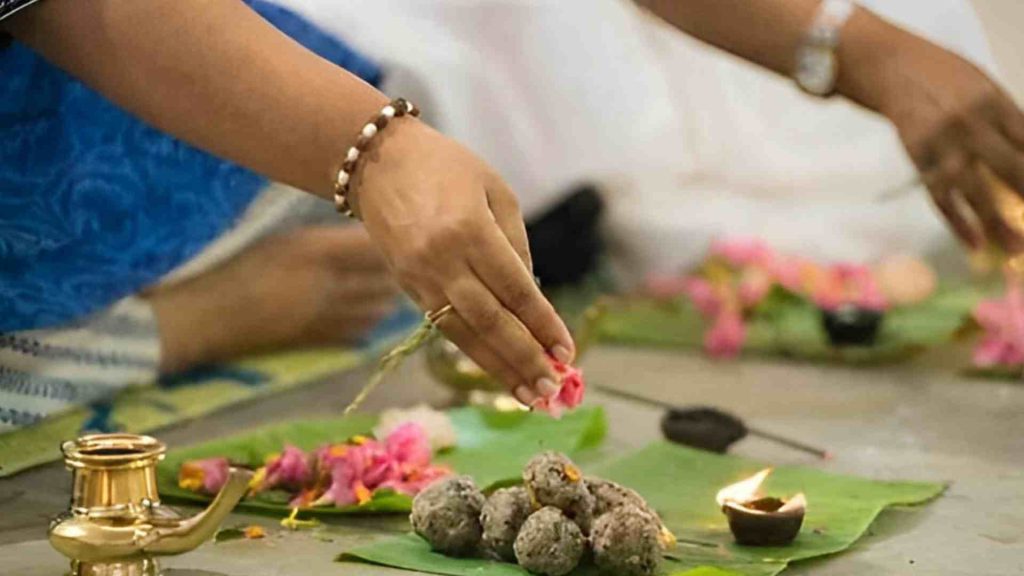
Pitra Paksha combines two words: Pitra means grandfather, and Paksha is the fifteen days from the full moon to the new moon. It is also known as Shraddha Paksha. Devotees should understand the word shraddha as the basis of the meaning, true meaning, and foundation of the word Sat. Thus, Shraddha means real devotion to the ancestors on the father’s side.
Pitri Paksha Puja has a historical significance in the Hindu tradition in Mumbai. According to Hindu scriptures, when Karna died in the Mahabharata war, his soul reached heaven but did not receive food forever. Instead, he was given gold and jewelry, which made him unhappy.
He asked Indra, lord of the heavens and king of gods, why he was not fed. Indra explained that while Karna used to give gold and jewelery during his lifetime, he never gave food to his ancestors. Karna admitted that he knew nothing about them. Indra returned to earth for fifteen or sixteen days and was allowed to eat his father’s food. These days are called Pitra Paksha in Hindu tradition.
Pitru Paksha Puja in Mumbai Vidhi
Pitri Paksha Puja in Mumbai has a specific ritual to honor and cheer the ancestors. There is a comprehensive method (vidhi) of worship.
- Preparation:
– Decorate the house and set up a designated area for worship, including an altar or table.
– Collect essential items like water, rice, black sesame seeds, corn flour, flowers, incense sticks, diyas (lamps), fruits, sweets, pictures or idols of the deceased. - Time:
– Pick a good day during Father’s Day (usually September-October). Check with a pastor or a calendar for specific dates. - Grandparents of:
– Take a shower, put on clean clothes, and start serving.
– Place a picture or statue of your ancestors on the altar.
-Light candles and incense sticks to purify the space. - Tarpan (Offering):
– Prepare a mixture of black sesame seeds and wheat flour.
– Administer this mixture while facing south (the direction associated with the ancestors) and reciting a mantra such as “Om Shanti” or a particular family name.
– Offer a ball (rice ball) of cooked rice mixed with butter and black sesame seeds to symbolize the food of the departed souls. - Food served:
– Prepare the food your grandparents enjoyed; There are usually vegetarian options.
-Offer this offering on banana leaves or plates before their image/idol. - Prayer:
– Recite prayers dedicated to the ancestors, such as “Gayatri Mantra” or other related verses.
– Spend some time quietly thinking about your loved ones. - Charity:
– After the puja, it is customary to give food or money to Brahmins or the poor as a form of gratitude to the ancestors.
Pitru Paksha Puja in Mumbai Cost
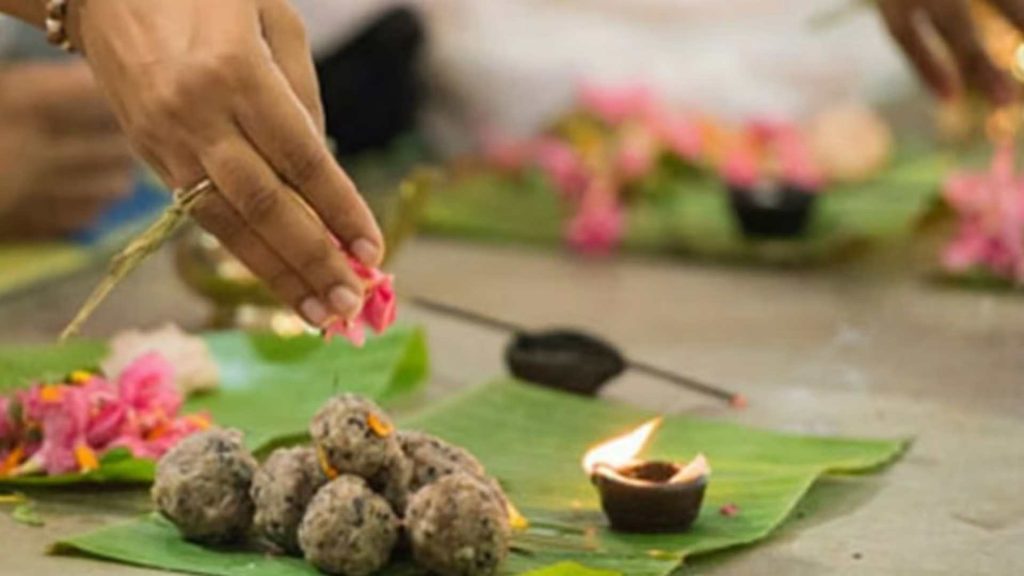
The cost of organizing Pitri Paksha pooja in Mumbai can vary greatly depending on many factors, including the choice of priest, location and the specific ritual performed is a common relaxation here.
- Priests Cost: Hiring a priest for a service generally costs ₹1,000 to ₹5,000 or more, depending on experience and reputation.
- Puja Samagri (Equipment): The price of materials required for puja can range from ₹500 to ₹2,000. This includes rice, black sesame seeds, flowers, fruits, sweets, and other offerings.
- Catering Offer: If you choose to prepare a special meal for the puja or hire a caterer, this can add another ₹1,000 plus ₹3,000 depending on the number of participants.
- Cost of the venue: If you choose to worship at a temple or any other place instead of your home, an additional rent of ₹2,000 to ₹10,000 may be charged.
Overall, you can expect the total cost of Pitrupaksha pooja to range from ₹3,000 to ₹20,000 or more depending on your options and needs. It is best to have a conversation with local pastors or service providers to get an accurate estimate based on your needs.
Pitru Paksha Puja in Mumbai Benefits
Pitripaksha pooja is also known as shraddha or tarpana and is a Hindu ritual to honor deceased ancestors. The event usually takes place during the dark fortnight of the month of Bhadrapada, September-October. It is a special time to honor our ancestors. In Mumbai, people usually perform rituals at Banganga Tank, Shivaji Gardens and temples. Families donate pinda (bowl of rice), flowers, and other items, and priests are often hired to lead the ceremony.
There are many benefits of performing Pitra Paksha Puja. It is believed to bring peace to the souls of the ancestors and help them attain moksha (liberation). Those who participate in these rituals are thought to receive the blessings of their ancestors and bring prosperity, health, and happiness. It is also supposed to reduce the atmosphere of bad grandparents which can cause problems due to the unhappiness of grandparents. Rituals promote family unity, spiritual growth, and religious attachment.
Families choose a date that coincides with the death anniversary of their grandfather or, if the date is unknown, a new moon for Pitri Paksha pooja. Items such as black sesame seeds, pulses, rice, butter, and flowers are collected and discussed with priests to ensure that the rituals have been performed properly By participating in these practices, devotees aim to seek refuge from their loved ones who have died there and are blessed with well-being and harmonious lives.
Related Puja:- Pandit For Satyanarayan Puja In Nagpur
Conclusion:
Devotees in Mumbai offer food in honor of their ancestors and perform poojas like Pitri Paksha Puja. They show devotion by observing Pitra Paksha for sixteen days and eating only vegetarian food. If devotees cannot find a Pandit for service, they should not bother to please their ancestors.
Fiyopa makes it easy to find a Pandit for Pitra Paksha Puja in Mumbai. It is just one click to get ancestors and God’s blessings. Devotees can book an experienced pandit for pooja with one simple click.
FAQs:
Pitru Paksha Puja, also known as Shraddha or Tarpan, is a Hindu ritual performed to honor and offer respect to deceased ancestors. It takes place during the dark fortnight of the month of Bhadrapada, usually in September-October.
The ritual is believed to bring peace to the souls of ancestors, helping them attain moksha (liberation). It also allows devotees to seek blessings from their ancestors, which can bring prosperity, health, and happiness.
You can easily book a Pandit for Pitru Paksha Puja in Mumbai through platforms like Fiyopa. By visiting the Fiyopa website, you can enter your details and book a certified Pandit for the puja.
Essential items for Pitru Paksha Puja include water, rice, black sesame seeds, flour, flowers, incense sticks, diyas (lamps), fruits, sweets, and pictures or idols of deceased ancestors.
The cost can vary but typically ranges from ₹3,000 to ₹20,000 or more. This includes the fee for hiring a priest, the cost of puja materials, food offerings, and possibly venue charges if performed outside the home.

